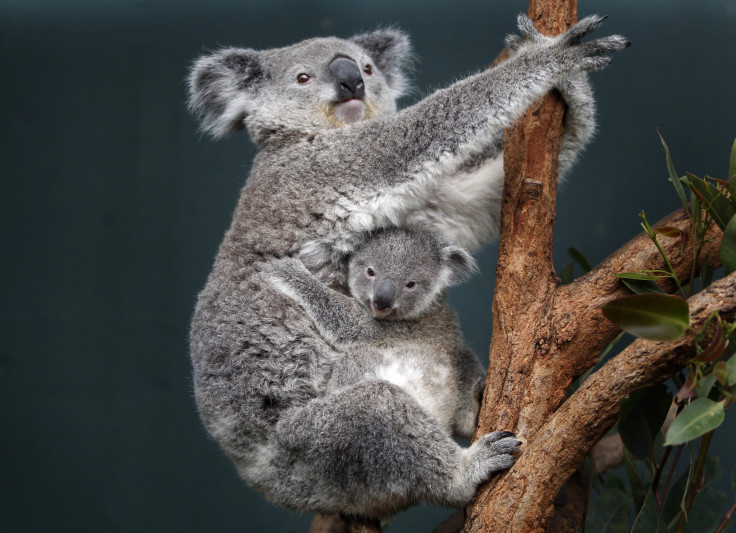Koala Listed As Vulnerable In Queensland, Australia

The government in Queensland, Australia led by Premier Annastacia Palaszczuk has announced that all koalas in Queensland would be listed as vulnerable. The decision has been made to protect the pride of Australia on recommendation presented before the government by an independent technical committee, an independent panel of scientists, who is of opinion that the furry animal is endangered by increasing dog attacks, urban expansion, car accidents etc.
Accepting the recommendation, Palaszczuk says that while koalas are too precious, lifting of the conservation status will allow in debt scrutiny of potential impact from resource and development projects on them. She adds, “Everybody loves the koala and we must do everything in our power to protect the koala now and into the future. We also know, from motor vehicle accidents (to) dog attacks, that this is having a huge impact on the koala populations’ right across the state. We have been determined to do everything we can."
Previously, the koalas were listed as vulnerable only in the south-east region of the state of Queensland, but now it will also be extended across the state. The government will take much needed effort to provide the extended protection by mapping populations and conserving their natural habitats. According to a study carried out in 2011, the number of koalas estimated were more than 10 million in 1788 but since then the number have dwindled to mere 45,000 in wild.
In the year 2012, the federal government had classified the koalas as vulnerable and had placed the most at-risk koalas on the national list of threatened species in New South Wales, Queensland and in the Australian Capital Territory. A report generated during the same year stated that the population of the animal in the south-west region of Queensland has been dropped alarmingly from 60,000 to 11,000 over the past two decades, citing the reasons for the cause to be heat waves, drought and habitat clearing.
Reacting on the news about the new conservation status of the marsupial, State Environment Minister Steven Miles says, “It’s bad news because it means the koala population is not as strong outside of southeast Queensland as we thought. But its good news because it means the government and local councils will do more to protect them."
To contact the writer, email:ruchira.dhoke@gmail.com





















